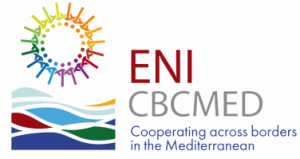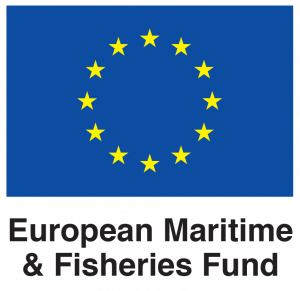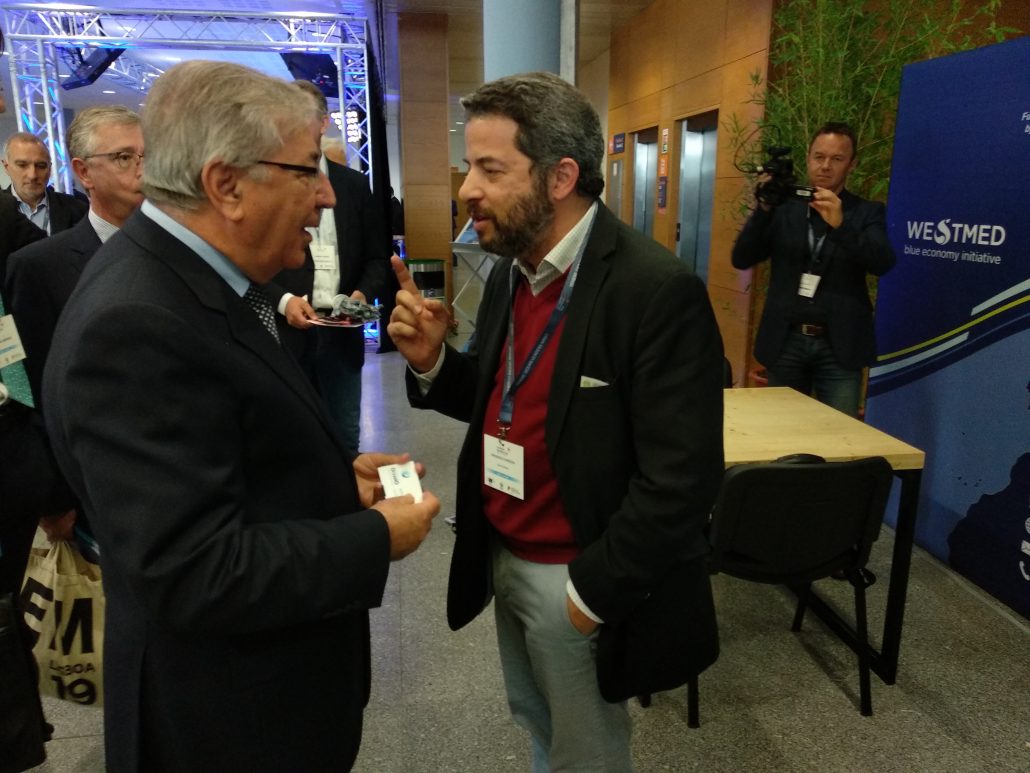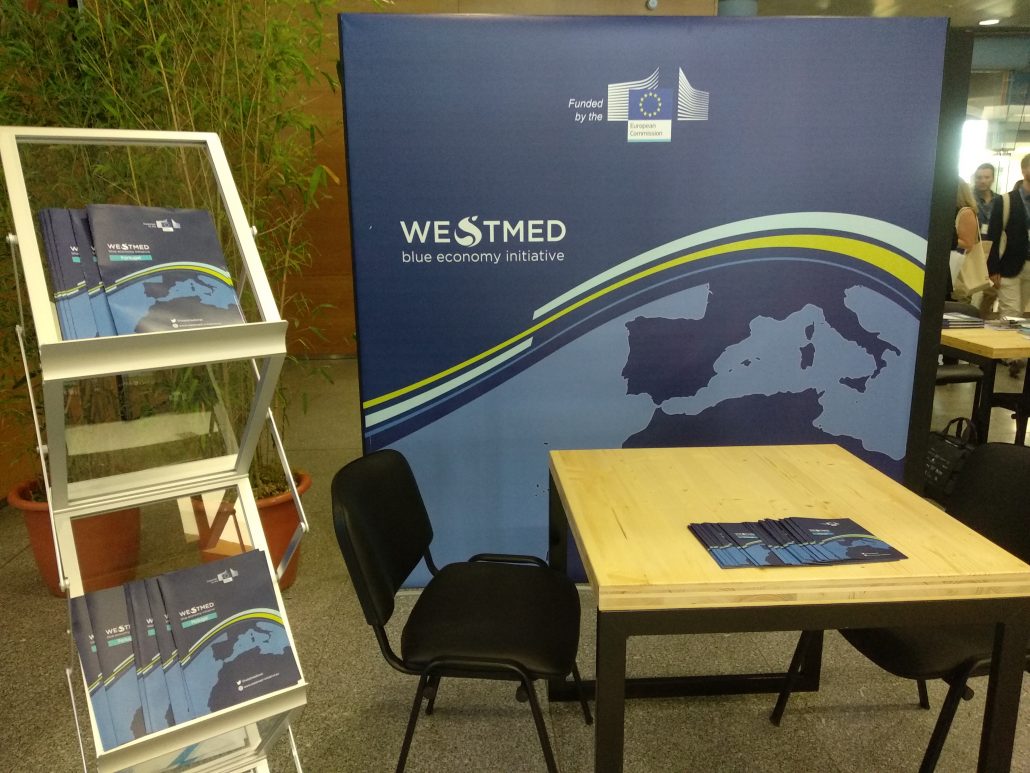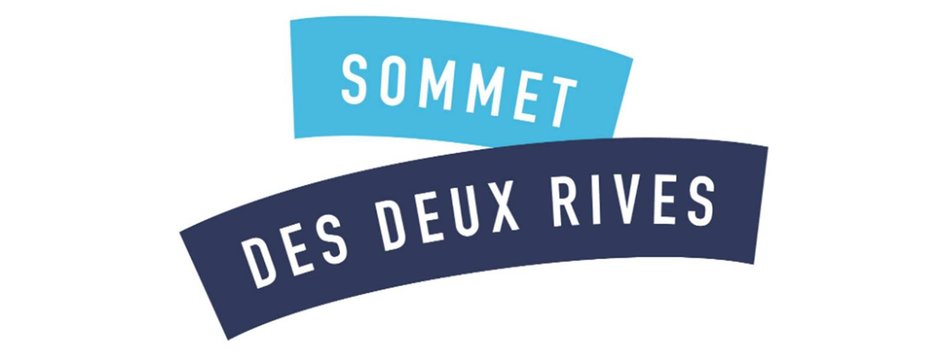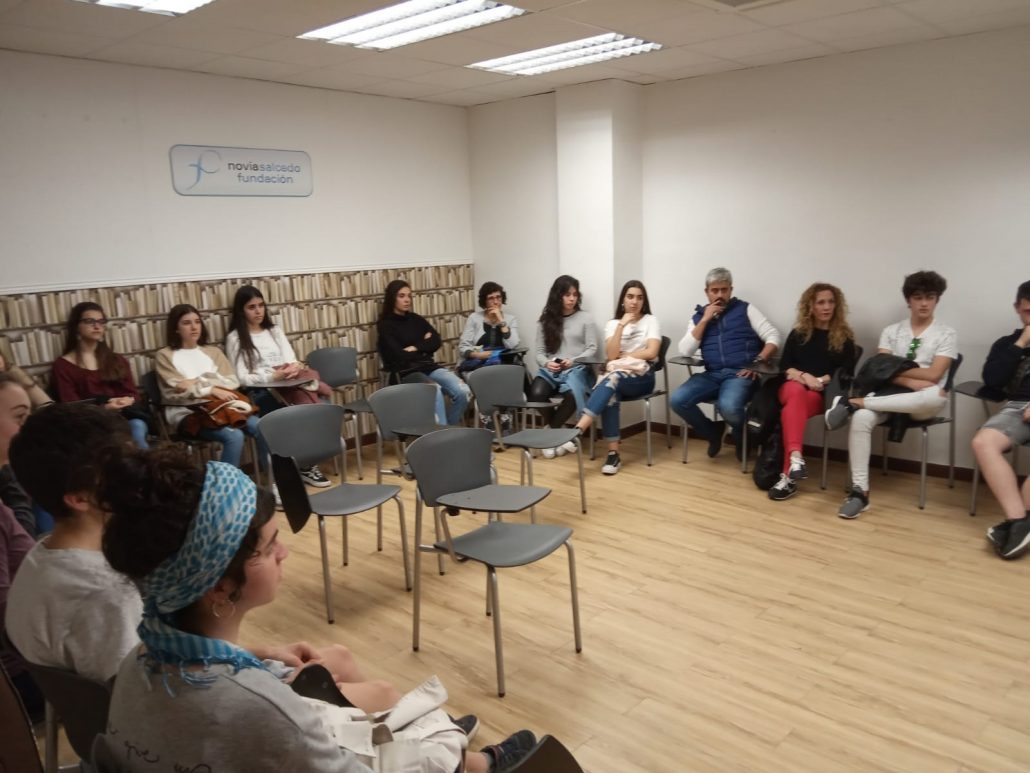Horizon 2020 | Secure societies | 14 March – 22 August 2019
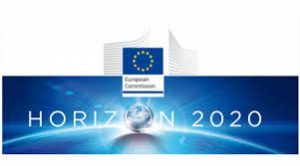
14 March – 22 August 2019
The call opened the 14th of March 2019 and it is classified as a “ CSA Coordination and support action” and the focus area is: boosting the effectiveness of the Security Union (SU).
In Europe, practitioners interested in the uptake of security research and innovation are dedicated to performing their duty and are focused on their tasks.
Scope: Practitioners are invited to associate in 3 different categories of networks in the field security:
- [2019-2020] Practitioners (end-users) in the same discipline and from across Europe are invited to get together: 1) to monitor research and innovation projects with a view to recommending the uptake or the industrialisation of results, 2) to express common requirements as regards innovations that could fill capability and other gaps and improve their future performance, and 3) to indicate priorities as regards areas requiring more standardisation. Opinions expressed and reported by the networks of practitioners should be checked against what can be reasonably expected, and according to which timetable, from providers of innovative solutions. In 2019, proposals are invited to address the specific area of handling of hybrid threats in line with the existing EU policy framework.
- b.[2018] Innovation clustersfrom around Europe (established at national, regional or local level), especially those managing demonstration sites, testing workbenches, and training facilities (including those providing simulators, serious gaming platforms, testing of PPDR applications on broadband networks) are invited to establish one network 1) to establish and maintain a roster of capabilities and facilities, 2) to organise to share expertise, 3) plan to pool and share resources with a view to facilitating access to their respective facilities among collective membership when this would constitute an economy of scale and allow a more intensive use of expensive equipment, and 4) to coordinate future developments and workbenches’ acquisition.
- [2018] Procurement agencies, or departments, active at budgeting and implementing the acquisition of security solutions at European, national, regional or local level can get together: 1) to share investment plans, 2) to compare procurement techniques and rules, and 3) to plan for common procurements of research services as well as of innovative, off-the-shelf products.

